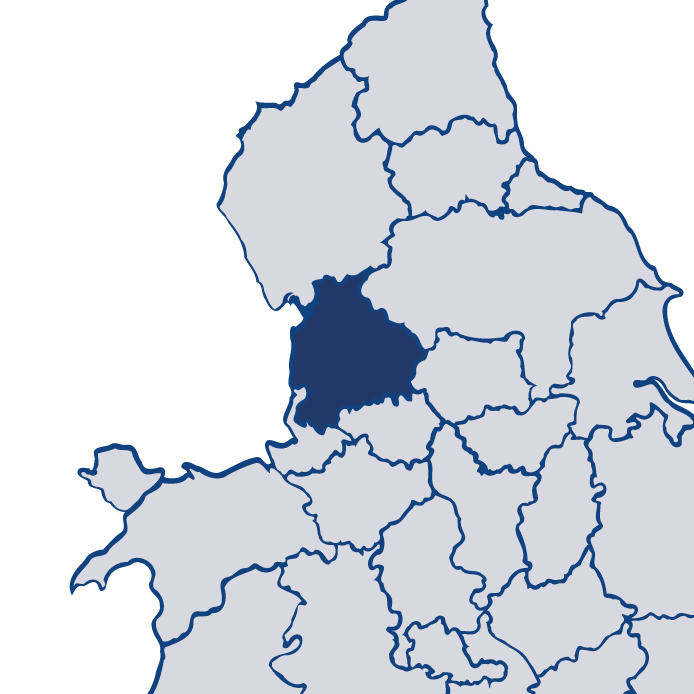Lancashire Constabulary 2018/19
Read more about Lancashire ConstabularyThis is HMICFRS’s fifth PEEL (police effectiveness, efficiency and legitimacy) assessment of Lancashire Constabulary. PEEL is designed to give you information about how your local police force is performing in several important areas, in a way that is comparable both across England and Wales, and year on year.
Lancashire Constabulary was inspected in tranche three and we found:
the extent to which the force is effective at reducing crime and keeping people safe is good.
the extent to which the force operates efficiently and sustainably is outstanding.
the extent to which the force treats the public and its workforce legitimately is good.
Download the full report
PEEL: Police effectiveness, efficiency and legitimacy 2018/19 – Lancashire Constabulary
HMI's observations
I congratulate Lancashire Constabulary on its excellent performance in keeping people safe and reducing crime.
The constabulary prevents crime and tackles anti-social behaviour well. Since the last inspection it has improved how it protects vulnerable people; working closely with partners to ensure it safeguards victims. But it needs to improve the way it investigates crime through better training and more effective supervision.
The constabulary’s accuracy in terms of recording crime is assessed as good, having made improvements in how it does this since the last inspection.
I am particularly pleased with the way in which Lancashire Constabulary plans for the future. The force’s leaders are ambitious. The force has a detailed understanding of changing demand and links this to its future financial planning and workforce development.
Senior leaders ensure that the workforce understands the importance of treating the public and each other with fairness and respect. The force continues to uphold an ethical culture and promote the standards of professional behaviour it expects.
Overall, I commend Lancashire Constabulary for sustaining its positive performance over the past year. I am confident that it is well equipped for this to continue.
Effectiveness
How effectively does the force reduce crime and keep people safe?
Efficiency
How efficiently does the force operate and how sustainable are its services to the public?
Legitimacy
How legitimately does the force treat the public and its workforce?
Other inspections
How well has the force performed in our other inspections?
In addition to the three core PEEL pillars, HMICFRS carries out inspections of a wide range of policing activity throughout the year. Some of these are conducted alongside the PEEL inspections; others are joint inspections.
Findings from these inspections are published separately to the main PEEL reports, but are taken into account when producing the rounded assessment of each force's performance.






